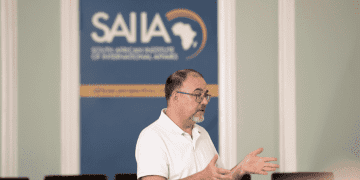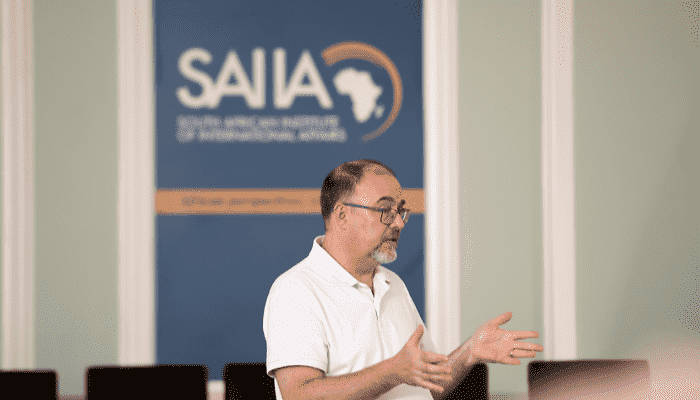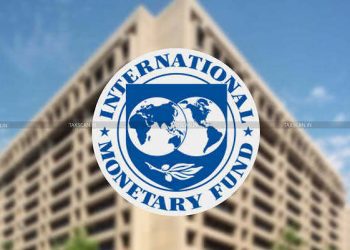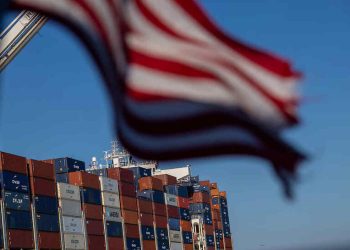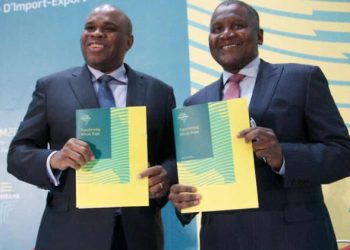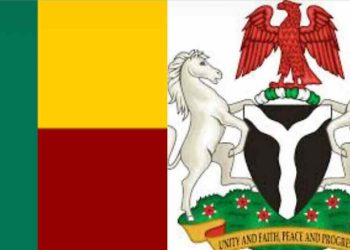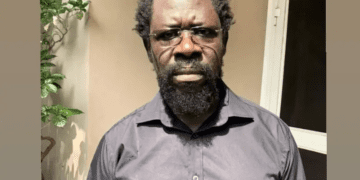South Africa’s presidency of the G20 in November offers Africa an opportunity to influence global conversations on solidarity, equality, and sustainability, according to Steven Gruzd, head of the African governance and diplomacy programme at the South African Institute of International Affairs (SAIIA).
Speaking to the MTN Media Innovation Fellows, Gruzd described the presidency as coming at a critical time. “This is the fourth G20 presidency in a row led by a developing country, following Indonesia, India, and Brazil. Now it is South Africa’s turn to show the world that Africa can host and lead global policy debates,” he said.
South Africa has placed climate finance, sovereign debt, fair taxation of wealthy individuals and multinational corporations, and the role of critical minerals in the green transition at the top of its agenda.
“The world is nowhere near meeting the Sustainable Development Goals, with just five years to go. South Africa is determined to use its presidency to push for concrete action, especially in areas where Africa is most vulnerable,” Gruzd noted.
On Nigeria, he explained that the G20 process presents strategic opportunities. “Nigeria, though not a member, can benefit by aligning with South Africa’s agenda—whether on climate financing, debt restructuring, or access to markets for critical minerals. Working closely with South Africa ensures African priorities are not sidelined,” he said.
Gruzd emphasised that Africa’s credibility depends on collective effort. He added that South Africa cannot bear the responsibility alone, stressing that civil society, think tanks, and governments across the continent, including Nigeria, must use this platform to amplify Africa’s voice in global governance.
He further pointed out that with the United States set to assume the G20 presidency in 2026, South Africa’s tenure could be decisive in embedding African concerns before leadership returns to advanced economies.
